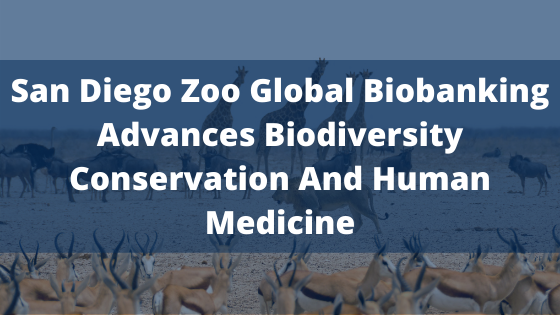In a study that has unprecedented implications to advance both medicine and biodiversity conservation, researchers have sequenced 131 new placental mammal genomes, bringing the worldwide total to more than 250.
The results of the mammal genome project, published in the Nov. 12 issue of the journal Nature, catalog and characterize whole branches of Earth’s biodiversity, spanning approximately 110 million years of mammal evolution–the largest and most diverse mammalian comparative genomics project to date. Oliver Ryder, Ph.D., Kleberg endowed director of Conservation Genetics at the San Diego Zoo Institute for Conservation Research, is one of the project’s co-authors. He says that while the genetic material biobanked in San Diego Zoo Global’s Frozen Zoo® has benefited his organization’s conservation efforts, “Little did we know how broadly it would impact humankind.”

While museum specimens were found to be mostly inadequate–because the most powerful sequencing technologies require large amounts of DNA and intact cells–San Diego Zoo Global’s biobank contains 10,000 living cell cultures representing nearly 1,200 taxa, including more than 310 species classified as vulnerable, endangered, critically endangered or extinct.
Click here to read more.
